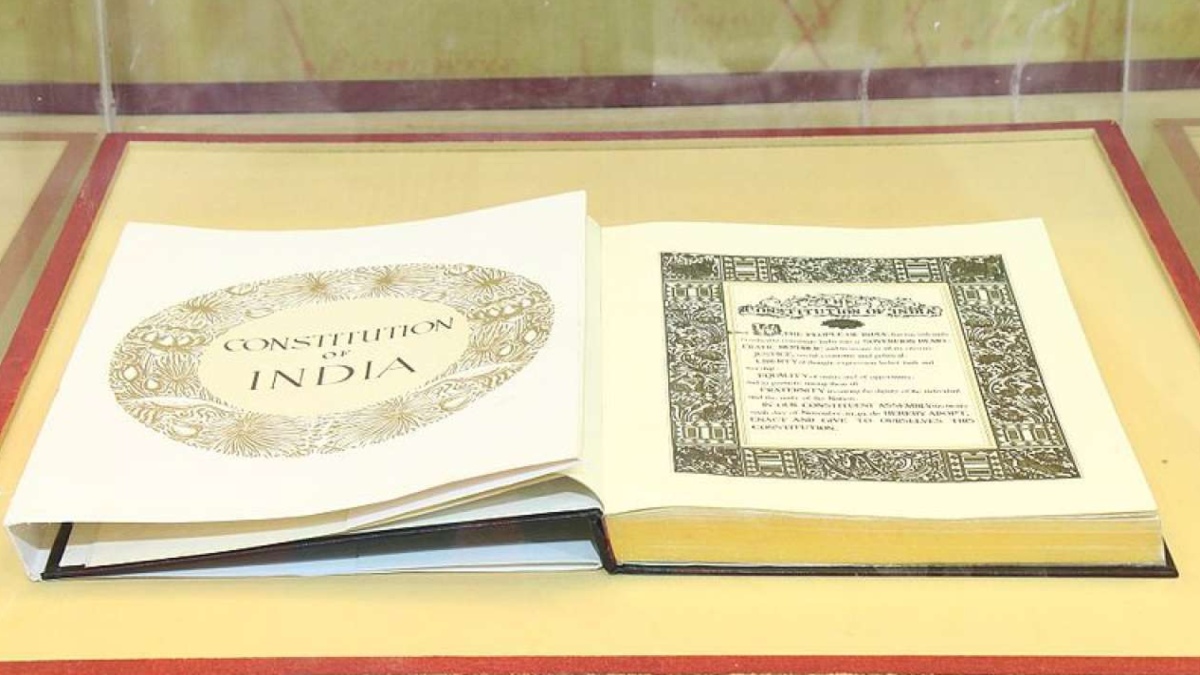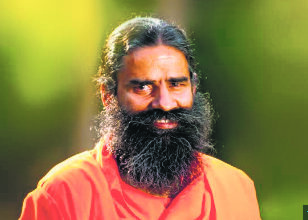‘Our Constitution is a constructive one. There is no room for absolutism. There is no space for anarchy. Sometimes it is argued, though, in a different context, that one can be a “rational anarchist”, but the said term has no term in the constitutional governance and the rule of law. Fulfilment of constitutional idealism ostracizing anything that is not permissible by the language of the provisions of the Constitution and showing to its spirit and silence with a sense of reawakening to the vision of the great living document is, in fact, constitutional renaissance”, observed Chief Justice Dipak Misra in his judgment in the famous Delhi Government case in 2018. Today, these words are very relevant for West Bengal, where the Governor and the Chief Minister are at odds on various issues, including their constitutional relationship and the exercise of powers. Their differences have in the public domain. Several constitutional pundits, political thinkers, and commentators rightly opine that the Governor and the Chief Minister should maintain cordial relations to perform their constitutional duties and advance the constitutional renaissance in the democratic order.
Last month, the Chief Minister of West Bengal Mamata Banerjee had blocked Governor Jagdeep Dhankar on Twitter. She was highly annoyed with Governor Dhankar, who has become a habitual critic of her government and does not hesitate to air his differences with the government in public and on social media platforms like Twitter. “Every morning and evening, the Governor is accusing and attacking us. As if he is the only supreme and we are bonded labourers. I cannot take it. I have blocked him today on Twitter”, Chief Minister Mamata Banerjee said in a press conference. She also accused the Governor of obstructing the functioning of her government. Chief Minister Banerjee also said, “We have been patiently suffering for the past year. The Governor has not cleared several files. He is keeping every file pending. How he can speak about policy decisions?”. Chief Minister Banerjee also said that she had written several letters to Prime Minister Narendra Modi and President Ram Nath Kovind to remove the Governor. Blocking the Governor on Twitter is not a solution to the problem. The Chief Minister must follow the constitutional means to express her objections against the gubernatorial excesses.
In a message sent to the Chief Minister Mamata Banerjee, Governor Jagdeep Dhankar responded to her critical remarks in these words: “Dialogue and harmony amongst constitutional functionaries is essence and spirit of democracy and mandate of the Constitution. This can blossom with mutual regard and respect. Therehas been all through personal regard for you from my side. I am sure this will receive your thoughtful consideration”. But the Chief Minister stood her ground and did not unblock the Governor on Twitter yet. She has also stopped meeting the Governor, why has created a crisis in the state. Unhappy with this attitude of Chief Minister Banerjee, Governor Dhankar wrote her a letter a few days ago and called her for interaction at the Raj Bhavan. “Dialogue, discussion, and deliberation, particularly amongst constitutional functionaries, like the Chief Minister and the Governor, are quintessential to democracy and inseparable part of constitutional governance. All my earnest efforts in this direction have unfortunately not fructified in view of the stance at your end. Such a scenario has the potential to lead to a constitutional stalemate which we both are ordained by our oath to avert. There has been no response, now for long, to issues legitimately flagged and in respect of which there is a constitutional duty at your end under Article 167 of the Constitution to impart information. There are other worrisome aspects also which call for urgent consultations”, said Governor Dhankar in his letter and urged Chief Minister Banerjee to resume the interaction and dialogue with him. Chief Minister Banerjee may also join the dialogue and present her views before the Governor privately.
Apart from these incidents, the Governor also returned Chief Minister Banerjee’s recommendation to summon the session of state legislative assembly on 7 March this year. The Governor took to Twitter and said he had returned the file for constitutional compliance. “Hon’ble CM Mamata Banerjee’s recommendation to summon assembly on March 7 had to be returned for constitutional compliance as Governor summons assembly on the recommendation made by the Cabinet after due compliance of Rules of Business under Article 166(3) of the Constitution”, Governor Dhankar said in a tweet.
Further, the Governor tweeted, “the file had endorsement only of Chief Minister. There was no Cabinet decision. In this situation, the only option I had was to send the file back to the government so that they send it back with constitutional compliances. As and when the government file will come, the matter will be considered in accordance with the Constitution”. It seems the Governor is too much Twitter-friendly and wants to put everything on social media platforms. These kinds of communications ought to be made in private, not on social media platforms. The Chief Minister is the head of the Cabinet who can easily take the post-facto approval of her decisions, and the Governor can communicate with the Chief Minister privately, not through Twitter.
Given the incidents mentioned earlier, the confrontation between the Governor and the Chief Minister in West Bengal is escalating day by day, and the time has when both constitutional functionaries may consider making serious efforts to restore the dialogue and communication. This aggressive approach is not suitable for the health of parliamentary democracy in the State. It sends a wrong message to the people. The Governor is the constitutional head of the State. At the same time, the Chief Minister is the real head of the government whose voice prevails in parliamentary democracy, but the Governor is also not a rubber stamp. The Chief Minister must also listen to his views and remarks. The Constitution assigns certain functions and duties to the Governor to preserve, protect, and defend the Constitution and the Governor is the main link between the Centre and the State. He has a constitutional right to seek any information relating to the state’s affairs from the Chief Minister as per Article 167 of the Constitution. The latter is duty-bound to furnish him such information, which will be very helpful for the Governor to brief the President of India properly about the state of affairs prevalent in West Bengal. However, the Governor cannot assign himself the role of a master of the elected government. He has no justification for putting everything on social media platforms. This is not expected from a Governor at all. A communication gap between the Governor and the Chief Minister must be minimized at the earliest and the onus is on both constitutional functionaries to end this crisis.
Both the Governor and the Chief Minister need to discharge their powers and functions as per the letter and spirit of the Constitution to strengthen the constitutional democracy in the State.
In addition, both functionaries need to exercise some restraint while exercising their constitutional powers and functions.
How can a Governor be justified to criticize the policies and decisions of an elected government on social media platforms? If he finds something objectionable with the functioning, policies, and decisions of the elected government, he has a constitutional right and a duty to communicate his views to the Chief Minister through constitutional channels, and the latter is duty-bound to consider his views.
The Governor has no reason to use his Twitter handle as a megaphone for his dissatisfaction against the elected government. Sometimes there may be genuine differences between the constitutional functionaries on certain issues, but such differences should never be made public. All constitutional functionaries should maintain courtesy and dignity in their respective areas, given the fundamental objectives of constitutional morality. There should always be a constitutional trust between them and they must strengthen the constitutional values to serve the people who are sovereign in a democracy. This is how the constitutional authorities can advance the constitutional renaissance in a democratic society. The constitutional relationship among the high constitutional functionaries should be bound by constitutional propriety, courtesy, and decorum.
Therefore, Chief Minister Banerjee and Governor Dhankar may consider restoring constitutional dialogue, conversation, and interaction to strengthen democratic values. A mutual understanding and respect are a must to run the administration to serve the people of West Bengal. A chat over tea/coffee at Raj Bhavan might help. Let me conclude this discussion with these poetic lines of famous Urdu poet Nida Fazli: “Dushmani lakh sahi khatam na kije rista, dil mile ya na mile hath milate rahiye”.










